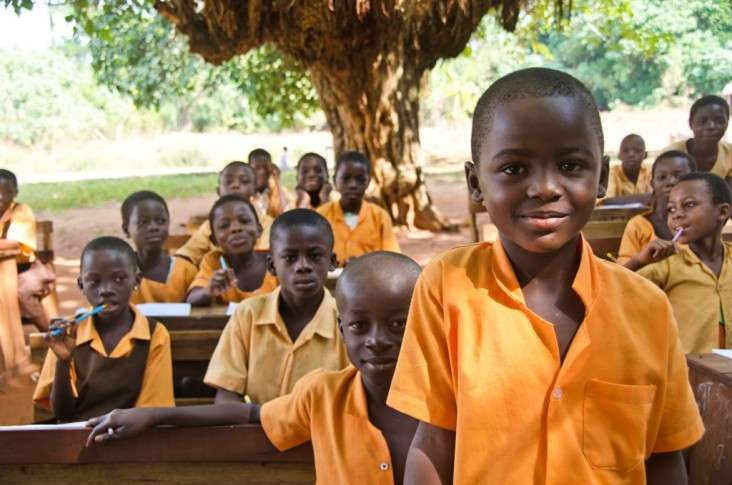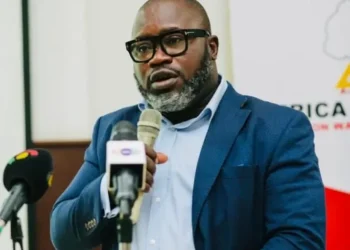Education is the key to unlocking a nation’s potential and securing its future. In today’s rapidly evolving world, Ghana needs to revamp its education system, placing a greater emphasis on practical skills rather than solely theoretical knowledge.
Prof. Kwabena Frimpong-Boateng, a Renowned physician and cardiothoracic surgeon has criticized Ghana’s education system, arguing that it is overly theoretical.
“Bees do not have to go to school. Bees do not learn biochemistry, but they produce their honey. We have to learn to meet our challenges and do things for ourselves because our education system is faulty.”
Prof. Frimpong-Boateng
Traditional education systems often prioritize rote memorization and theoretical understanding, leaving graduates ill-equipped to face real-world challenges. By shifting the focus towards practical learning, Ghana can foster a generation of students who possess hands-on skills, critical thinking abilities, and problem-solving aptitude. This approach will enable students to adapt to dynamic work environments, bridge the gap between academia and industry, and contribute meaningfully to the nation’s economic growth.
According to Prof. Kwabena Frimpong-Boateng, the government must initiate some reforms if Ghanaian students were to compete favorably at the international level. To compete at an international level, Ghanaian students must possess the practical skills demanded by today’s job market. Industries are increasingly seeking employees with practical experience and technical expertise.
By incorporating practical components into the curriculum, such as internships, apprenticeships, and vocational training, Ghana can produce a workforce that is not only knowledgeable but also skilled and adaptable. Practical education will enable students to meet the demands of a globalized economy and attract international investment.
Prof. Frimpong-Boateng stressed that the current system is not adequately preparing students for the job market. He also cited an example of a young man who studied mechanical engineering but had no practical knowledge, hence limited employment opportunities.
“So, I ask myself, what can this young man do with whatever he was taught in school? Education must be targeted; education is there to help us solve our problems. Human beings are the only creatures that have to go to school to solve our challenges.”
Prof. Frimpong-Boateng

Importance of a Practical Education
The former Minister of Environment, Science, Technology and Innovation, called for a review of Ghana’s Free Senior High School policy, pointing out that students are facing various challenges in their schools.
To channel the education system towards practicality, Ghana should prioritize curriculum reform. A comprehensive review should be conducted to identify areas of improvement and to realign the curriculum to meet the demands of the 21st-century workforce. This process should involve collaboration between government officials, educators, industry experts, and other stakeholders.
Prof. Frimpong-Boateng indicated that incorporating technology into the classroom can revolutionize the learning experience for Ghanaian students. By providing access to computers, tablets, and other digital tools, students can engage in interactive learning, research, and skill-building activities.
Technological integration can facilitate distance learning programs, allowing students in remote areas to access quality education. By embracing technology, Ghana can bridge the digital divide and prepare students for the technology-driven future.
“This is what I think; we need to look at all these things. I am not saying we should go that way, but there should be a review of how we are teaching the students.”
Prof. Frimpong-Boateng
Ghana’s education system must evolve to meet the demands of an increasingly competitive global landscape. By embracing practicality and focusing on hands-on learning, critical thinking, and problem-solving skills, Ghana can equip its students with the tools necessary to succeed in the international job market.
Through curriculum reform, technology integration, teacher training, and public-private partnerships, Ghana can create a more practical education system that empowers its citizens and positions the country for sustainable development and growth.
READ ALSO: Government Fails In Supporting The Creative Sector – David Osei























